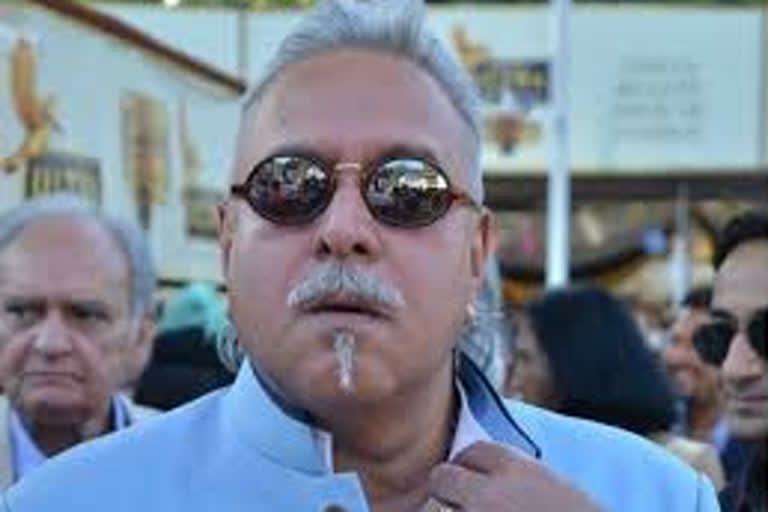London: In a reprieve to embattled liquor tycoon Vijay Mallya, the UK High Court Tuesday allowed him to appeal against his extradition order signed off by the UK home secretary Sajid Javid to face alleged fraud and money laundering charges amounting to Rs 9,000 crores in India.
After hearing arguments from Mallya's barrister Clare Montgomery, a two-member bench of the Royal Courts of Justice concluded that reasonable arguments could be made on some aspects of Chief Magistrate Emma Arbuthnot's ruling in favour of a prima facie case of fraud and money laundering against the 63-year-old former Kingfisher Airlines boss last December.
The bench comprising Justices George Leggatt and Andrew Popplewell handed down its judgment at the end of the hearing seeking permission to appeal against extradition to face charges in India of fraud and money laundering amounting to an estimated Rs 9,000 crores.
While the judges dismissed a majority of the five grounds as well as any ground to challenge UK home secretary's sign off on the extradition order, they did grant permission for Mallya's defence team to present arguments on aspects of the evidence relied upon to build a case of fraud against Mallya.
They have given directions to submit a draft for the appeal to proceed and ascertain the time frame for the hearing.
The case will now proceed to a full hearing stage, the time-frame for which is to be determined in the coming weeks.
Talking to reporters outside the court, Mallya described the ruling as a "vindication".
He told the media that he has always maintained that the charges against him were fabricated and repeated his offer to pay back the debt owed to Indian banks.
"I have always maintained that these are false charges, fabricated charges and have no merit. And I think my point has now been vindicated," said Mallya.
"Two senior-most judges of the High Court have given me permission to appeal the decision of the Westminster Magistrate in the prima facie case on the merits of the charges against me by the government of India... I wanted to win on the prima facie grounds because that is central to everything and deals with the government's charges against me and the Division Bench felt that decision was appeal-able, and that means the most to me," he said.
"I still want the banks to take all their money, do what they have to do and leave me in peace," he added.
